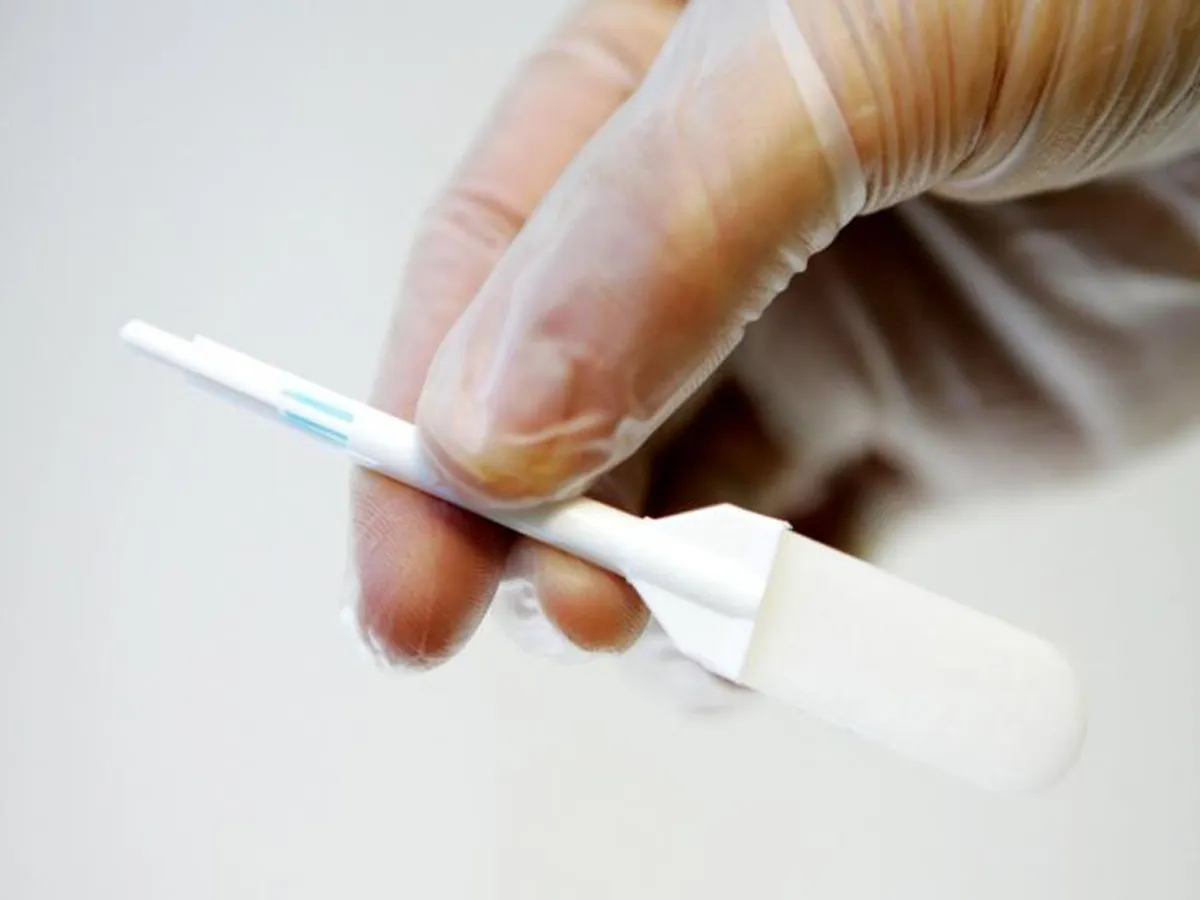Should you perform your own workplace drug testing?
Based on our experience operating within many different industries, there are many considerations for performing in-house drug testing on your employees.

Important factors to consider
The main factors centre around impartiality, discrimination and confidentiality. As a result, staff who are under suspicion often refuse to provide a sample or consent based on these grounds. In addition, maintaining chain of custody over the samples may be challenged if results are required as evidence at employment tribunals. As a result, a defence may attempt to pick holes in any collection procedures, especially if performed by company staff.
Also, many organisations who perform drug testing in-house, utilise point of care testing (POCT) using urine cups or saliva swabs. Such devices can give false positive/negative results, especially if purchased from an unregulated source. Therefore, it is important to have a laboratory drug testing service in place for any non-negative POCT samples. There are many examples of organisations taking disciplinary action from POCT results, which is a bad idea. Due to the nature of the POCT devices, they are not legally defensible and test results should always be confirmed by a laboratory confirmation drug tests, ideally performed in a UKAS 17025 facility. Laboratory test results are legally defensible, and can be used for disciplinary proceedings. In the meantime, while awaiting laboratory results, an organisation can stipulate suspension of the employee on safety grounds until drug test results have been confirmed. However, it is important that such procedures are detailed in a company drug and alcohol policy.
Confidentiality in workplace drug testing
In terms of confidentiality, unless there is a health and safety issue, employees do not need to disclose medication they are taking to their employer. During the collection of samples for a drug test, our collection officers ask for any medication that has been taken in the last 14 days. Issues can arise if employees have to disclose confidential medication to their work colleagues, particularly if disclosing sensitive information such as HIV medication.
In addition, you would also need to consider the GDPR implications of a data breach. For instance, medication falls under the special category data as defined by the Information Commissioner’s Office (ICO). Being registered with the ICO, all of our relevant policies and procedures comply with current regulations. Of course, our policies and procedures are specific to our business activities – drug and alcohol testing. In addition, our professional indemnity insurance is specific to our own business activities. This is also something you would need to ensure your organisation is covered with if you decided to have your own staff perform drug testing in-house.
So there are lots of things to consider. Our advice we be to give us a call and we can advise on the best options for your type of business based on our experience and industry best practice.
Service related articles...
Our Headquarters
Crystal Health Group
The Old Chapel
Manchester
M30 0NG








